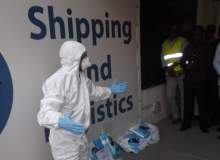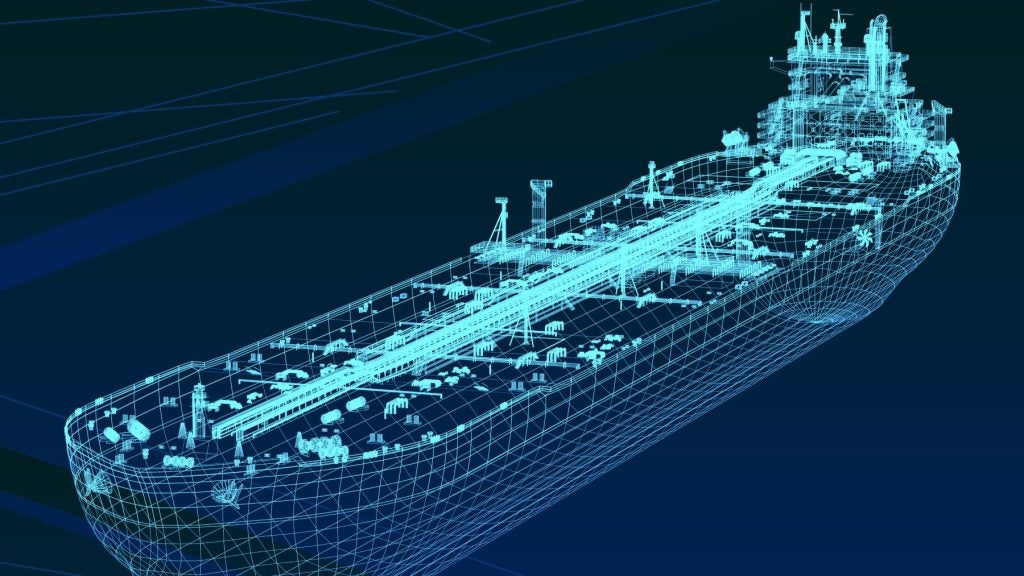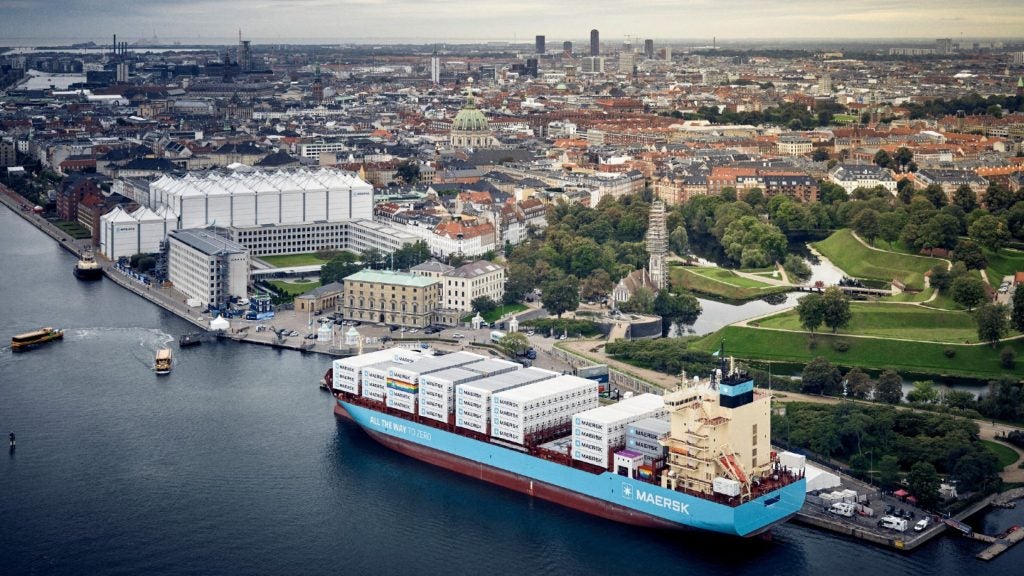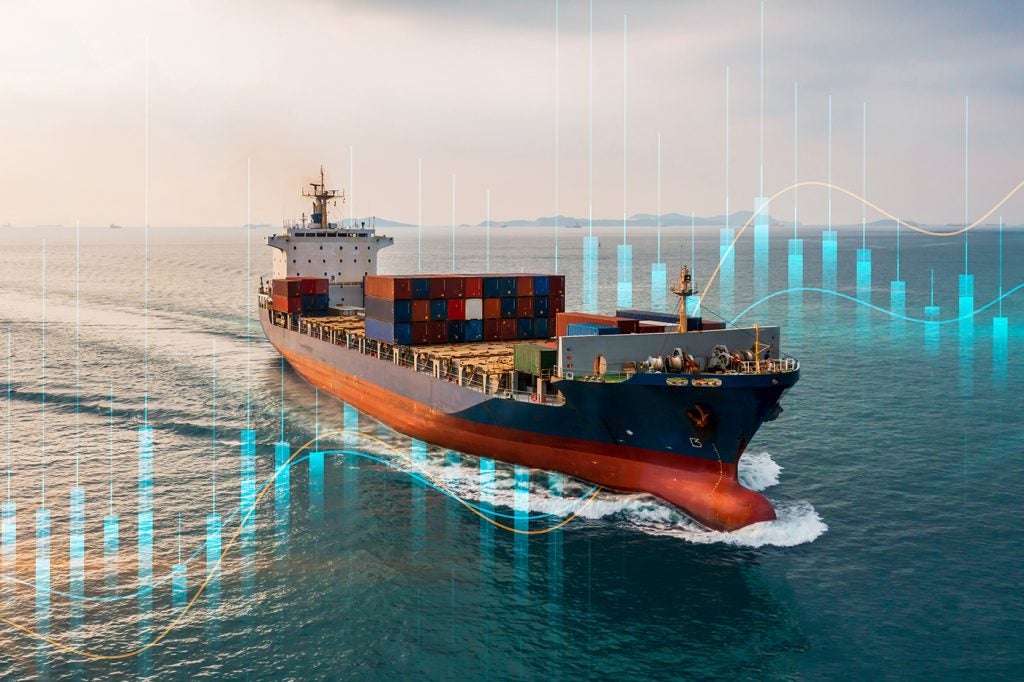

On 8 August 2014, the World Health Organization’s (WHO) Emergency Committee agreed that the outbreak of Ebola in West Africa was an “extraordinary event” and declared it a Public Health Emergency of International Concern (PHEIC). A health crisis that had originally started in Guinea back in December 2013, it took three months before it was identified as Ebola. As a result, the virus had taken its toll on the local population and spread into Liberia. By May it was in Sierra Leone, and it passed into Nigeria by late July 2014.
No ban on travel or trade
As the size of the outbreak continued to increase, by the middle of September 2014 the UN’s Secretary-General Ban Ki-moon declared the unprecedented extent of the Ebola outbreak in Africa constituted “a threat to international peace and security”. Up to 13 December, WHO reports that there have been 6,856 deaths (3,290 in Liberia; 2,033 in Sierra Leone; 1,518 in Guinea; and 8 in Nigeria), and more than 17,800 have been infected overall.
To limit the virus’ spread, air travel has been restricted; for example, British Airways has suspended flights to Liberia and Sierra Leone until 31 March 2015. Extra efforts are also being made in problem areas, such as the Kono district in Sierra Leone being on lockdown during December, meaning no-one can enter or leave.
Yet since the beginning of the Ebola crisis, and as its grip on West Africa continues, the International Maritime Organization (IMO) has confirmed, and re-confirmed, that “there should be no general ban on international travel or trade due to the Ebola virus disease outbreak in West Africa”.
Although various levels of restrictions exist at ports – such as crew being banned from going ashore in Conakry, Guinea’s capital city, and ports such as Douala, Cameroon, issuing three-week quarantines for vessels coming from a country with Ebola – in many ports restrictions do not exist, but masks, gloves and hand sanitisers play an important role.
How well do you really know your competitors?
Access the most comprehensive Company Profiles on the market, powered by GlobalData. Save hours of research. Gain competitive edge.

Thank you!
Your download email will arrive shortly
Not ready to buy yet? Download a free sample
We are confident about the unique quality of our Company Profiles. However, we want you to make the most beneficial decision for your business, so we offer a free sample that you can download by submitting the below form
By GlobalDataShipping companies roll out Ebola clauses
In an attempt to gain some control over the situation, shipping companies have introduced “Ebola clauses” into their contracts. These reportedly contain elements such as charterers finding alternative ports should the crew be at any risk, covering costs for medical expenses and storing protective equipment on board. Trafigura’s shipping and chartering arm, for example, has confirmed that it introduced an Ebola clause into its contracts that requires charterers to nominate alternative safe discharge ports.
From Danish major Møller-Maersk to Japanese shipping giant Mitsui O.S.K. Lines, Ship-technology.com profiles the world’s top 10 biggest shipping companies.
Could this reaction be a move too far, or is it justifiable given the circumstances? Michael Sturesson, general manager at GAC Angola – part of GAC Group, a global shipping, logistics and marine services provider – believes in the power of prevention.
“A ship owner should be able to protect its crew as a priority and avoid a port call in an affected area if they deem it to be the right and responsible thing to do,” he says.
Avoiding a blanket ban
So why has the IMO avoided the issuance of a general travel ban? Not only would this create a false impression of control, states WHO, but it is also “likely to cause economic hardship, and could consequently increase the uncontrolled migration of people from affected countries”, which would intensify the risk of Ebola spreading even further.
“We would recommend to all our member states, as well as the broader maritime community, shipping companies, ship operators and port and terminal operators, that they follow the recommendations of the World Health Organization, which is that the movement of ships, including the handling of cargo and goods, to and from the affected areas, should continue as normal, in order to reduce the isolation and economic hardship of the affected countries,” confirms Andy Winbow, assistant secretary-general and director of the IMO’s Maritime Safety Division.
Robert Bal, managing director for GAC Nigeria, believes that the IMO approach is methodical and correct.
“We share the IMO’s view that the movement of ships to and from affected areas should continue,” says Bal. “The IMO has taken the right approach to this crisis by focusing on working in partnership with other relevant organisations, most notably the World Health Organization; by highlighting the importance of education and training for those serving at sea and those working in ports and terminals on how to reduce the risk of exposure; by encouraging everyone to follow the requirements and guidance put in place by maritime authorities around the world; and by encouraging all parties to share their experiences and lessons learned in the fight against Ebola.”
Sturesson explains that some governments have talked about the possibility of denying vessels entry into port. “But given the importance of shipping in sustaining the trade of goods, such measures would be concerning and detrimental to any affected country’s ability to control the virus,” he says.
Protection means prevention
Sturesson believes that the best way for the shipping industry to reduce exposure to Ebola is through internal communications and educating employees. “Angola is Ebola-free, but we recognised that cases elsewhere in West Africa meant our staff needed to be made aware as early as possible of how best to protect themselves. That way, even if the virus did reach our country, we would be well prepared and able to continue carrying out our duties and supporting our customers,” he says.
Since March, 2014, GAC Angola’s QHSSE Manager, Jose Lourenco, has been conducting Ebola training and awareness classes with staff, and a similar approach has been adopted in Nigeria. Advice on signs of infection, measures of protection and demonstrations of GAC’s Ebola Personal Protective Equipment kit are included in the training. Advice from WHO and International SOS is also available.
24/7 free Ebola app resource
International SOS, a world-leading medical and travel security risk services company, recently developed a new mobile Ebola app aimed at oil and gas companies, which provides 24/7 guidance and advice on Ebola and is maintained by experienced medical and security professionals. It also distributes educational materials across West Africa. Demand is high for the company’s resources, as since it removed member access to the Ebola-dedicated part of its website it has been visited by 10,000 individuals each day.
The app can be used within any industry or by any individual who wishes to have up-to-the-minute information about Ebola. Dr Beau Dees, regional medical director at International SOS in Aberdeen, acknowledges that those aboard heavy support and supply vessels obviously have other means of communication, such as the internet, telephone or radio, to gather information on the Ebola outbreak. However, he says that for passengers and crew disembarking in affected areas, the app can help to keep them informed and protected.
“It provides crucial information such as guidance on how Ebola is transmitted, what to do in the event of feeling unwell, what to avoid and how to keep yourself safe,” says Dees.
Risk assessments key to Ebola control
With the situation currently worsening in Sierra Leone and a lock-down in Kono in place, should organisations such as the IMO and WHO now be considering supplementary action to further safeguard passage?
“Blanket regulations can often have untoward consequences as they can prevent help getting to the places that desperately need it,” says Dees. “This is not to downplay the epidemic in any way, but it is critically important to make decisions having analysed the most up-to-date information. Risk assessments are highly important and for these to be accurate, local and real-time information is crucial.”






